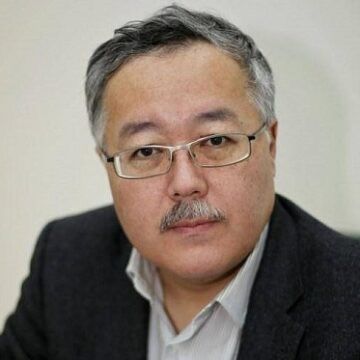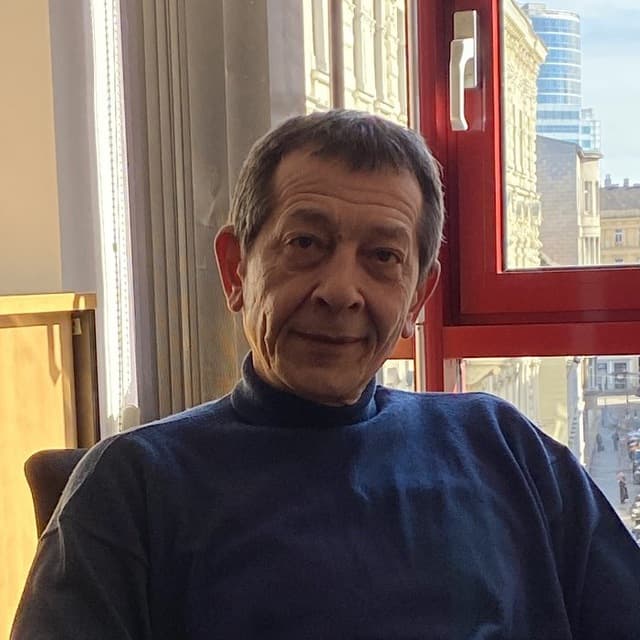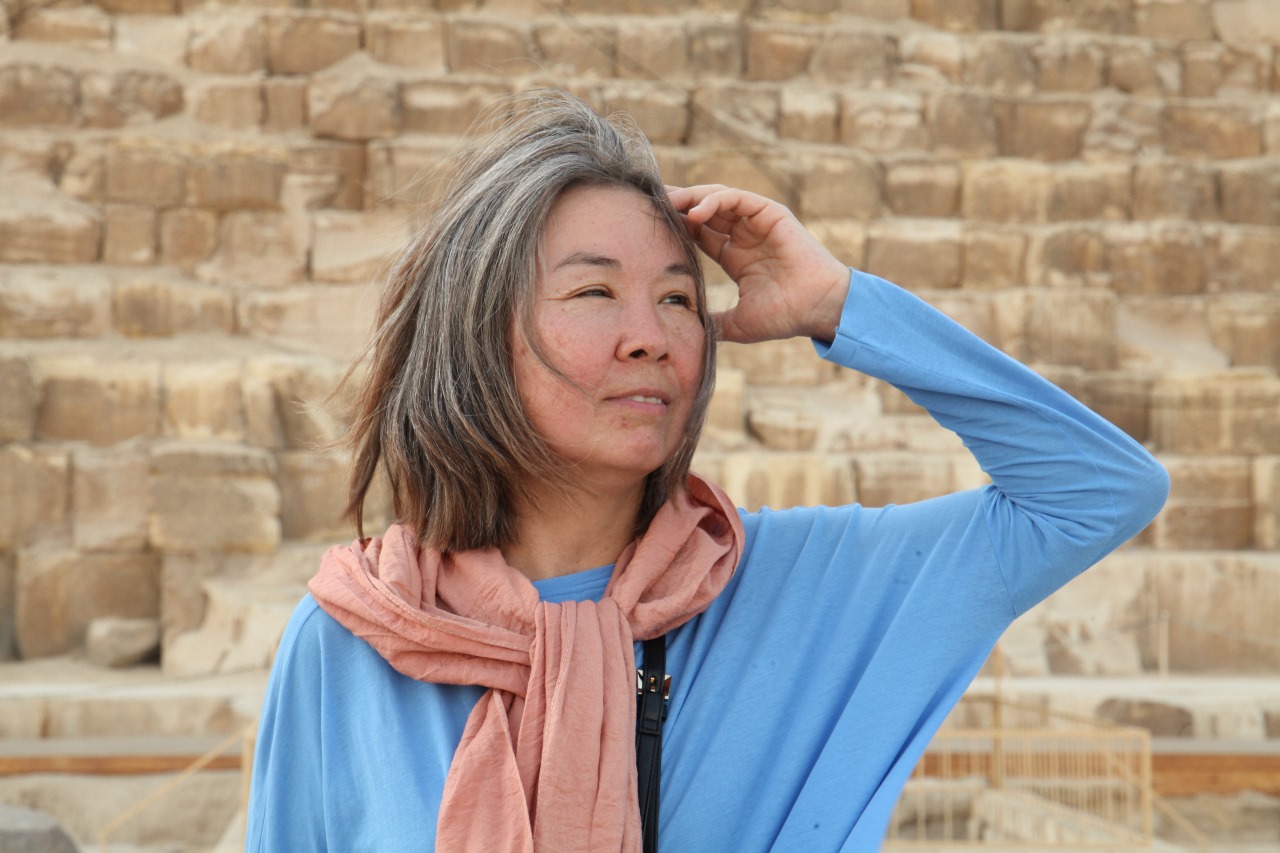The Kazakh Khanate
Sultan Akimbekov’s course on the birth, rise, and dissolution of the Kazakh Khanate in the 15th–19th centuries.
Byzantium and the turks: The fall and rise of civilizations
In this series of lectures, Rustam Shukurov, a Byzantinist, Iranologist, and Turkologist, narrates the story of how Byzantium encountered, clashed with, and formed alliances with the Turks, ultimately meeting its demise at their hands.


